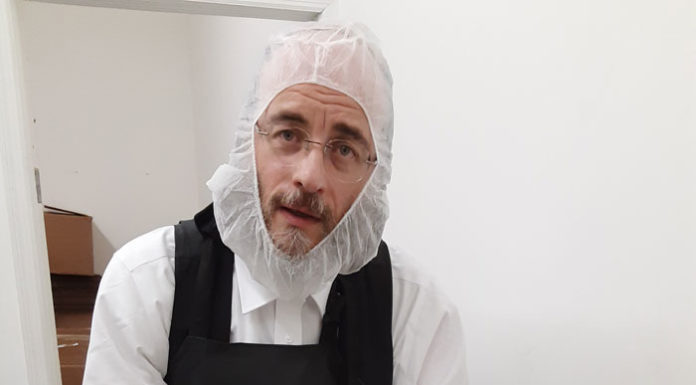Professor Rosa Krajmalnik-Brown Explains How Changing the Microbiome Can Help People with Autism
The quest to treat autism isn’t limited to a study of the mind. In fact, one of the most promising areas of research has focused on the role of gut bacteria. Scientists have found that the microbiome—the particular community of bacteria that live in an individual’s gut—may have an effect on that person’s behavior, and in an individual with autism, that would mean an effect on the behaviors associated with that disorder.
One of the major innovators in this field is Professor Rosa Krajmalnik-Brown of Arizona State University, who among other things serves as the director of the school’s Biodesign Center for Health Through Microbiomes. (She is also a frum Jew.) She recently spoke with me about the work she and her research partner have done, and the radical changes they have seen in people with autism after being treated.
“We’ve been studying autism and the microbiome for over 12 years,” she began. Although she had previously done research into the microbiome, her interest in this specific area came from the urging of her collaborator, Dr. James Adams, who has a daughter with ASD. He was convinced that there was a relationship between the microbiome and autism.
“There were two things he said that convinced me there was a possible scientific path forward. One was that there had been a study using the antibiotic vancomycin in kids with autism. When they were treated with the drug, their symptoms improved. When they stopped taking it, they regressed.”
Vancomycin is an antibiotic that isn’t absorbed by the body and therefore travels all the way to the gut when taken, and it appeared that it might be having some effect.
“Number two is that a lot of children with autism have gastrointestinal issues,” she said. Parents had found that if they could moderate their children’s GI issues, their behavior improved. There again, it seemed that changing the condition of the gut had an effect on autism. Professor Krajmalnik-Brown already had the tools and know-how to investigate gut bacteria, so she eagerly agreed to join Dr. Adams in the research.
“The very first thing we did was look at a group of kids who were developing neurotypically and a group of kids on the spectrum. We found that the microbiomes in their guts were different. The kids on the spectrum were missing beneficial microbes.”
To read more, subscribe to Ami





















